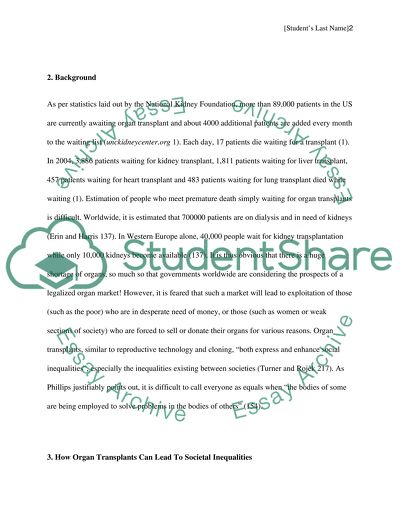Cite this document
(“Organ Transplants Essay Example | Topics and Well Written Essays - 1750 words - 1”, n.d.)
Organ Transplants Essay Example | Topics and Well Written Essays - 1750 words - 1. Retrieved from https://studentshare.org/miscellaneous/1644453-organ-transplants
Organ Transplants Essay Example | Topics and Well Written Essays - 1750 words - 1. Retrieved from https://studentshare.org/miscellaneous/1644453-organ-transplants
(Organ Transplants Essay Example | Topics and Well Written Essays - 1750 Words - 1)
Organ Transplants Essay Example | Topics and Well Written Essays - 1750 Words - 1. https://studentshare.org/miscellaneous/1644453-organ-transplants.
Organ Transplants Essay Example | Topics and Well Written Essays - 1750 Words - 1. https://studentshare.org/miscellaneous/1644453-organ-transplants.
“Organ Transplants Essay Example | Topics and Well Written Essays - 1750 Words - 1”, n.d. https://studentshare.org/miscellaneous/1644453-organ-transplants.


